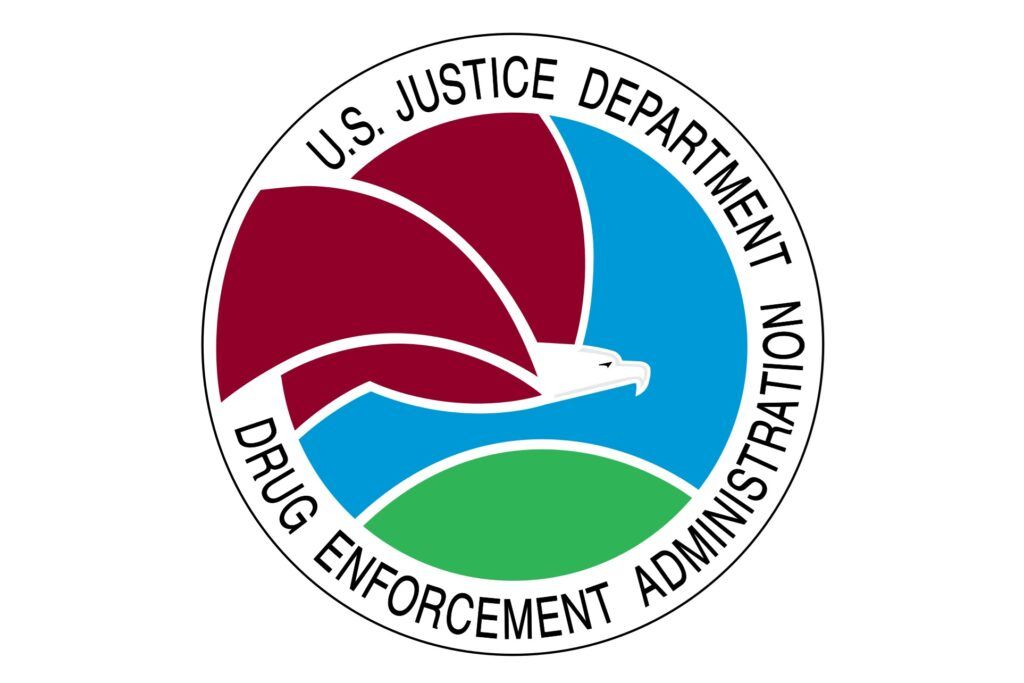The Drug Enforcement Administration is under growing scrutiny for alleged ethical violations, constitutional defiance, and obstruction of marijuana research, prompting calls for mass terminations, agency reform, and congressional intervention.

At the center of the controversy is DEA attorney Aarathi Haig, who is spearheading the agency’s case against MMJ BioPharma Cultivation despite being listed as ineligible for a Certificate of Good Standing with the New Jersey Bar. Records show Haig failed to pay mandatory state fees, did not meet continuing legal education (CLE) requirements, and is no longer enrolled in the state’s IOLTA program, which safeguards client trust accounts. Critics say this renders her participation in DEA cases unethical and in violation of federal rules requiring compliance with state bar standards.
“This isn’t just about paperwork—it’s about a pattern of disregard for the law,” said Duane Boise, CEO of MMJ BioPharma Cultivation. “The DEA demands strict compliance from others while ignoring its own obligations.”
Advocates are calling for Haig’s immediate suspension from all DEA matters until her status is resolved, alongside a congressional audit into the bar standing of all DEA attorneys.
The case against the DEA doesn’t stop there. During a 2020 House Oversight Committee hearing, U.S. Representative Buddy Carter (R-GA) described the DEA as “the epitome of ineptitude,” singling out officials Matthew Strait and Thomas Prevoznik for delaying MMJ BioPharma’s applications for over six years, despite FDA approval of their research. Lawmakers also accused the DEA of failing to investigate unlawful THC exports by major cannabis companies like Curaleaf and Cookies while continuing to block legal research.
Further complicating the agency’s standing is its continued use of administrative law judges (ALJs) who are constitutionally insulated from presidential oversight—despite recent rulings from the Supreme Court (Axon v. FTC and Jarkesy v. SEC) striking down such arrangements. The Department of Justice has already conceded this legal defeat, and Attorney General Pam Bondi has acknowledged the current ALJ framework violates the Constitution. Yet the DEA has reportedly proceeded with illegal tribunal hearings.
In response, MMJ BioPharma plans to file for an emergency injunction to block the agency’s administrative proceedings and to push for expedited approval of its long-delayed cannabis research license.
With the agency facing bipartisan condemnation, incoming DEA Administrator Terrance Cole is being urged to clean house by terminating Haig, Prevoznik, and Strait, scrapping the unconstitutional ALJ system, and transferring cannabis oversight to agencies like the FDA or NIH.
Lawmakers are also being pushed to strip the DEA of its marijuana authority through oversight hearings and new legislation, with judicial sanctions potentially looming if the agency continues to ignore Supreme Court precedent.
MMJ BioPharma is represented by attorney Megan Sheehan.







